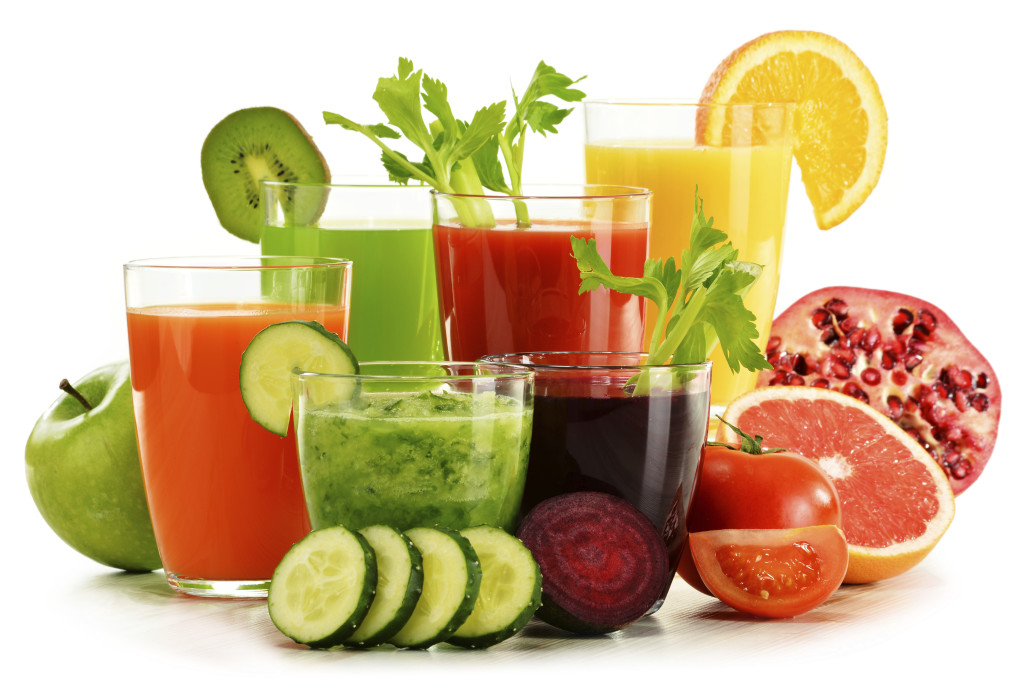Try
This
First
written by Christiane Marshall
Check back soon. This article will be updated. We’re looking at bringing in speakers to talk about alternative cancer treatments in 2022.
Before the pandemic hit, we launched the Try This First Series in Marietta. Our intention was to bring to light not just lifestyle methods of disease prevention, but non-pharmaceutical methods we can try before using medicines after getting sick. This had nothing to do with COVID19. However, since COVID has no established treatments yet, we all the more should want to explore this idea.

I loved meeting people interested in personal health and connecting them to practitioners who have much to offer. Although cooking for a crowd is a lot of work, I enjoyed planning and preparing for the twice monthly events. So when the church we met in suddenly put the brakes on (before I understood the seriousness of the pandemic on US soil), I was very disappointed.
I created a facebook page to keep people connected. It has not fully become active, but we’re working on that, and you can help by joining and introducing yourself.
The plan for the series was to find healthcare practitioners who practice some form of non-pharmaceutical therapies to speak about their specialties to give practical advice and explain what they have to offer patients.
One of the challenges in natural or non-drug therapies is that rarely are they covered by insurance. What’s needed is a fund for people with serious problems who want to do the work of using these methods but can’t afford to pay out of pocket. Some of these include naturopathic, massage, functional medicine, herbology, bio-identical hormones, hydrotherapy and acupuncture.
There are often fundraising efforts around town or in Gofundme pages online to help families pay for cancer treatment or surgeries. Why not help a friend pay for an alternative treatment? Usually there is some work and lots of commitment involved in following through, so support should include more than just cash assistance. For example, a few years ago, I purchased several juicers to lend to people who were sick and wanted to juice as part of their healing. I think I wanted them to use the loaner more than they wanted to do the work. I would visit and find it put away in a cabinet. When juicing is part of a treatment plan, it should be on the counter constantly. Someone very sick might benefit from cash to pay healthcare practitioners, and practical help with cooking, shopping, babysitting or help with home therapies.
In my church (Seventh-day Adventist), we often refer to the eight doctors (free to all) that contribute to the prevention of disease, or help to heal once sick: sunlight, water, diet, exercise, fresh air, rest, trust in God/mental health and not using harmful substances. Going beyond that to specific treatments that cost is sometimes necessary. Of course food is not free, but it’s an expense we all make already. Dandelion is a free herb that grows everywhere, but purchasing herbs and paying for an herbalist might fit in the diet category; infra-red therapy and vitamin D tanning lights fall under sunlight; saunas, hot packs, and fever treatments fall under the category of water. Then there are supplements made from plants; chiropractic care, physical therapy, physical fitness coaches, water exercise, weight loss exercise programs and more fall under the exercise category.
I have thought for a long time that physical therapists and chiropractors should be available in emergency rooms — and should give injury prevention classes in the community; that sunlight and nutritional therapy should be a normal part of in-patient care, that integrated medicine should be expected. It’s my opinion that healthcare would cost the insurance companies less if more natural and lifestyle changing methods become integrated into our healthcare.
For now, we must pay for these things ourselves. We must find our own natural practitioners and piece our healthcare together. Fear of talking to our medical doctors about what we want to try can be dangerous. They need to know what we’re doing. If we don’t talk to them, how can they both prevent dangerous drug interactions plus learn that other things do work? Our MDs need to communicate with our functional medicine or naturopathic doctors when medication is involved as it is not uncommon for treatment to lower or eliminate the need for medicines. This needs to be monitored. Being connected to like-minded Try This First people will help us have the courage to speak to our doctors.
If you’re interested in this conversation, and want to keep in touch with things you can do for yourself, where the local practitioners are, or how to access those who do telehealth, join the facebook group. It’s free — https://www.facebook.com/groups/1252648861598913. We’ll also let you know as soon as we open the series back up again.
Health Practitioners: [Let us know if you want to be added.]
Herbalist
https://motherearthworks.com/herbdoc-consultations/
https://www.hmbmusictherapy.com/about
Yoga instructor
https://www.facebook.com/groups/543993039557368Mental Health
Music Therapy
https://www.hmbmusictherapy.com/about
Mental Health
https://www.fcrcofohio.com/
Bio-identical Hormone
https://www.findhealthclinics.com/US/Vienna/538515826212048/Athena-Health-Center
Functional Medicine/Chiropractic
https://www.facebook.com/inline4good
To your health,
Christiane Marshall
Location:
First Presbyterian Church
4th Street in Marietta.
Let us know if you’d like a free cooking class during the week. You can help prepare the lunch to learn!
